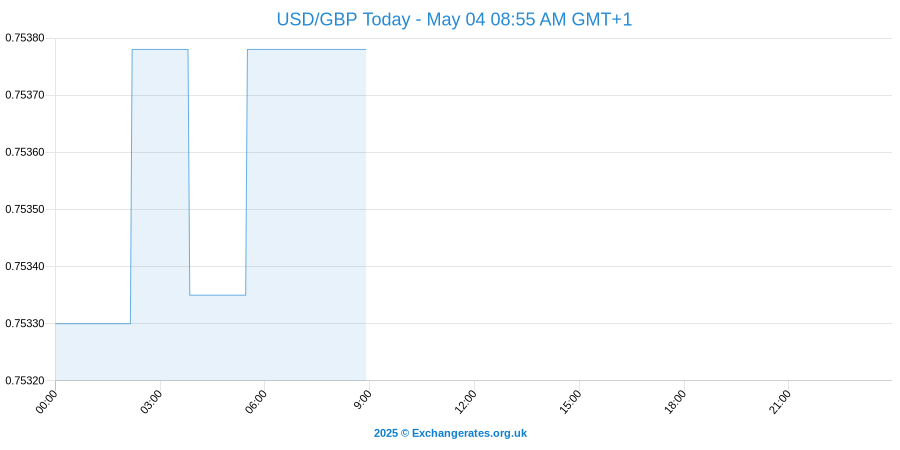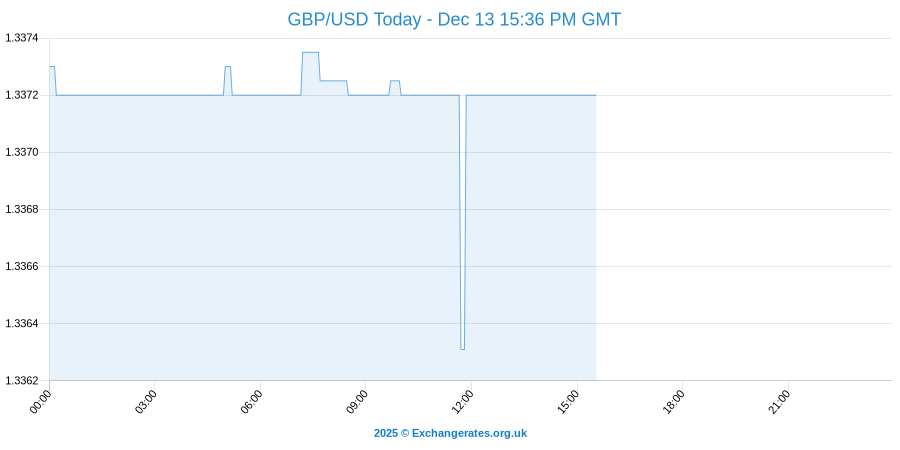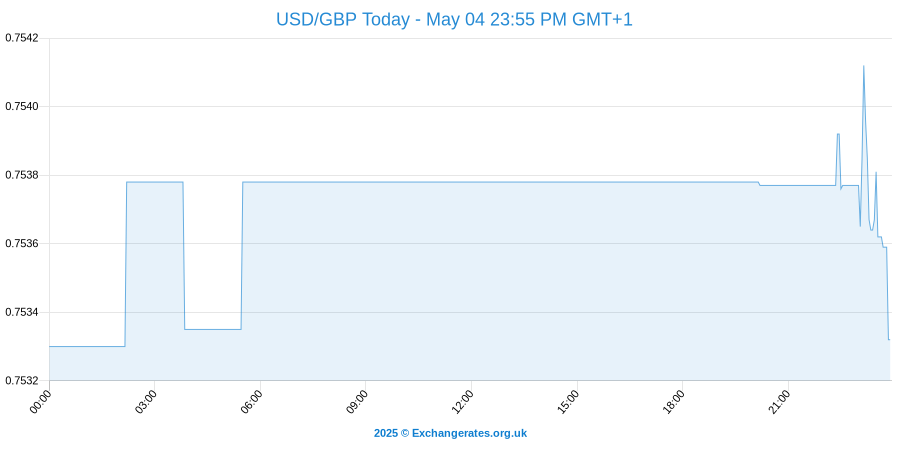

On Monday, Andrew Bailey, the governor of the Bank of England, said the central bank would not hesitate to lift rates as necessary.īut despite calls from some economists for emergency action, the UK’s central bank opted against an unscheduled rate hike, sending the pound down to $1.06 after it made some earlier gains. The main tool available to prop up the pound, or any other falling currency such as the Japanese yen, is to raise interest rates in order to attract foreign investors with better yields. “It has been hit by Brexit and is also facing the prospect of a second Scottish independence referendum and a potential trade war with the EU over the Northern Ireland protocol.” What can the UK do to stop the pound’s decline? “The British pound has long been suffering for political decisions in the UK,” Alexander Tziamalis, a senior economics lecturer at Sheffield Hallam University, told Al Jazeera. While the UK’s tax plans were the initial trigger of the pound’s freefall, economists say that investors’ confidence in the British economy has been waning for some time due to other developments such as Brexit. “The new prime minister’s economic policy of lowering taxes on the wealthy is not too popular, and the consensus is that it will not work in stimulating the economy.” “Confidence in the UK economy is low right now,” Pao-Lin Tien, an assistant professor of economics at George Washington University, told Al Jazeera.

On Monday, Raphael Bostic, a top official at the US Fed, warned that the tax overhaul had “really increased uncertainty” and raised the risk of a global recession. The pound’s plummeting value indicates that investors are concerned about the UK’s ability to manage so much extra debt, especially as rising interest rates make borrowing much more costly. When demand for a particular currency is high, the price goes up and vice versa. UK Chancellor of the Exchequer Kwasi Kwarteng has proposed the biggest tax cuts in 50 years Īs with other goods and services, the value of most of the world’s major currencies operates on the principle of supply and demand. The tax cuts, along with a plan to support households in dealing with their rising energy bills, will require the government to borrow an extra 72 billion pounds ($77.7bn) in the next six months alone. Under Chancellor of the Exchequer Kwasi Kwarteng’s “mini-budget” announced on Friday, the UK is proposing the biggest tax cuts in 50 years, including abolishing the 45 percent tax rate on incomes over 150,000 pounds ($162,000). The price of 5-year UK bonds – through which investors loan money to the government – recorded the sharpest fall since at least 1991. On Monday, the pound sank to a record low against the US dollar as investors rushed to sell the currency and government bonds in a demonstration of scepticism over new Prime Minister Liz Truss’s economic plans, which include large tax cuts funded by steep increases in government borrowing.Īt one point in Asian trading, the pound sank as low as $1.0327, surpassing the previous record low reached in 1985, before making back some of its value.

Keep reading list of 4 items list 1 of 4 Will Italy have its first female prime minister? list 2 of 4 NASA spacecraft collides with asteroid in planetary defence test list 3 of 4 Russia says no decision to seal borders amid mass exodus of men list 4 of 4 Apple says it will make some of its iPhone 14 in India end of list Why is the British pound in freefall?


 0 kommentar(er)
0 kommentar(er)
